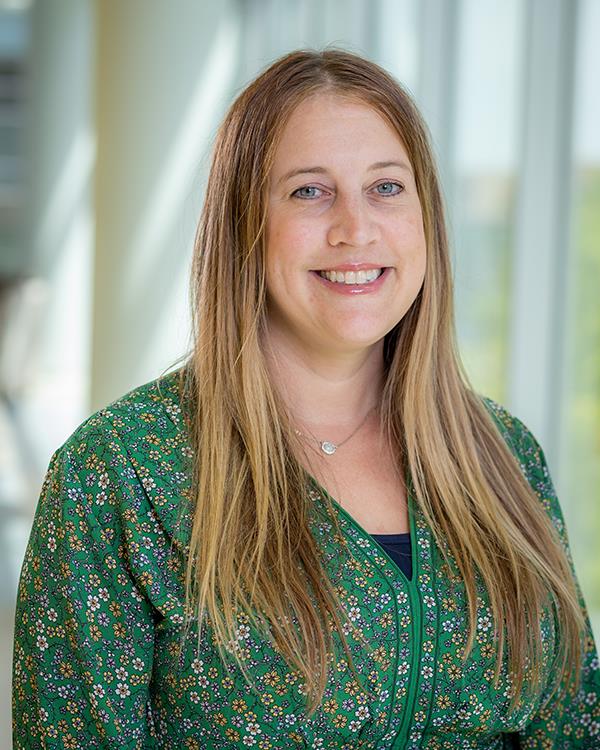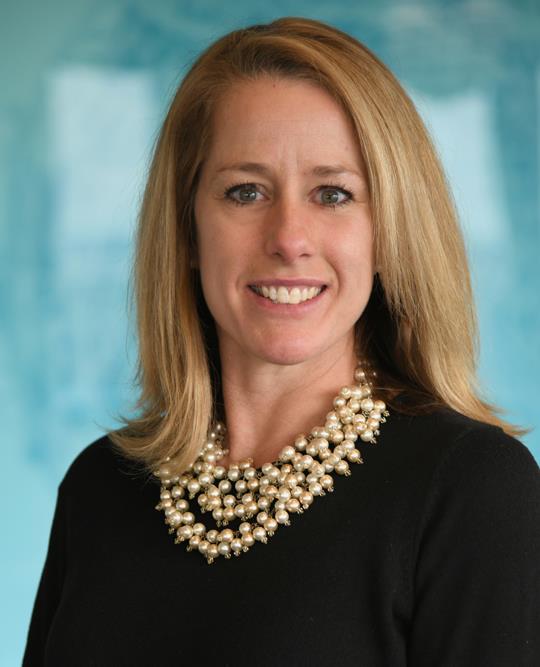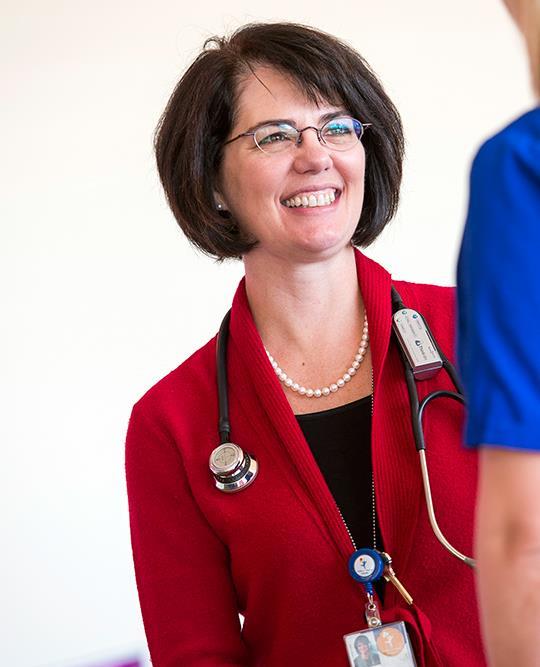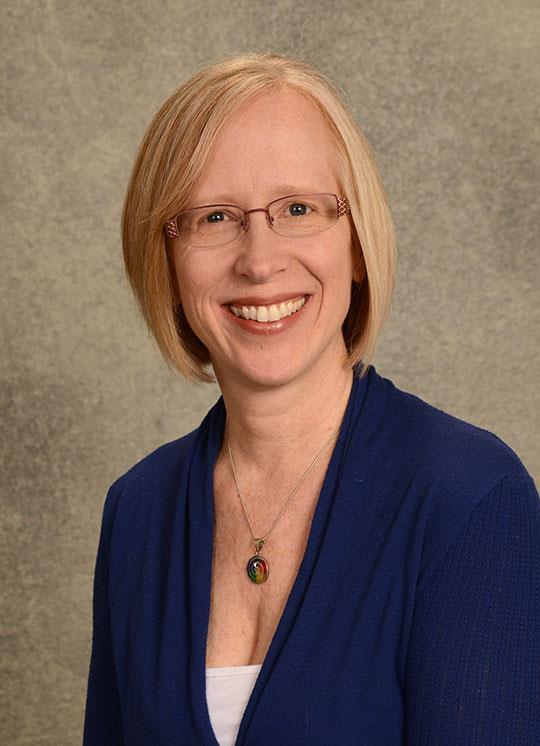- Doctors & Departments
-
Conditions & Advice
- Overview
- Conditions and Symptoms
- Symptom Checker
- Parent Resources
- The Connection Journey
- Calm A Crying Baby
- Sports Articles
- Dosage Tables
- Baby Guide
-
Your Visit
- Overview
- Prepare for Your Visit
- Your Overnight Stay
- Send a Cheer Card
- Family and Patient Resources
- Patient Cost Estimate
- Insurance and Financial Resources
- Online Bill Pay
- Medical Records
- Policies and Procedures
- We Ask Because We Care
Click to find the locations nearest youFind locations by region
See all locations -
Community
- Overview
- Addressing the Youth Mental Health Crisis
- Calendar of Events
- Child Health Advocacy
- Community Health
- Community Partners
- Corporate Relations
- Global Health
- Patient Advocacy
- Patient Stories
- Pediatric Affiliations
- Support Children’s Colorado
- Specialty Outreach Clinics
Your Support Matters
Upcoming Events
Colorado Hospitals Substance Exposed Newborn Quality Improvement Collaborative CHoSEN Conference (Hybrid)
Monday, April 29, 2024The CHoSEN Collaborative is an effort to increase consistency in...
-
Research & Innovation
- Overview
- Pediatric Clinical Trials
- Q: Pediatric Health Advances
- Discoveries and Milestones
- Training and Internships
- Academic Affiliation
- Investigator Resources
- Funding Opportunities
- Center For Innovation
- Support Our Research
- Research Areas

It starts with a Q:
For the latest cutting-edge research, innovative collaborations and remarkable discoveries in child health, read stories from across all our areas of study in Q: Advances and Answers in Pediatric Health.


Sleep
Sleepwalking
Parents and caregivers know their kids best. That’s why we put families at the center of every care team.

What is sleepwalking?
Sleepwalking is the tendency to get out of bed and wander during deep sleep. It usually occurs within two hours of bedtime.
What causes sleepwalking?
Sleepwalking is an inherited tendency, which means the child gets it from his or her parents. The condition is caused when a child only partially wakes up during sleep. Children who sleepwalk can usually follow their parent’s instructions, but are hard to fully wake.
Occasionally sleepwalking is increased if the child has sleep deprivation, sleep apnea or is using certain medications such as Benadryl. Sleepwalking can increase if the room is hot, the child has a fever or if the child has some inflammation.
Who sleepwalks?
Children 4 to 15 years old are most likely to sleepwalk. Up to 15% of children sleepwalk. Children usually stop sleepwalking on their own during adolescence.
What are the signs and symptoms of sleepwalking?
- Your child walks while asleep.
- Your child's eyes are open but blank.
- Your child is not as well coordinated as when awake.
- Your child may perform semi-purposeful acts, such as dressing and undressing, opening and closing doors, turning lights on and off, or going to the bathroom in an unusual place.
- The episode begins 1 to 2 hours after going to sleep.
- The episode may last 5 to 20 minutes.
- During this time your child is difficult to wake.
What tests are used to diagnose sleepwalking?
Often hand-written "sleep logs" filled out by families are used to track sleep and sleepwalking. Tests are not typically needed unless other sleep disorders are suspected.
How do providers at Children's Hospital Colorado make a diagnosis?
The most important part of diagnosing sleepwalking is talking with the family to get a thorough sleep history. This conversation usually takes place through one of the sleep clinics with a physician or nurse practitioner specializing in assessing and treating sleep disorders. These medical providers may also recommend further evaluations to fully explore all possible contributions to the sleepwalking.
Sleepwalking in children is usually treated by keeping the sleep walker safe during episodes until he or she grows out of it, usually by adolescence.
Here are some tips for helping your child through a sleepwalking episode:
- Gently lead your child back to bed.
- First, steer your child into the bathroom because he or she may be looking for a place to urinate.
- Next, guide your child to his or her bedroom.
- The episode may end once he or she is in bed.
- Don't expect to awaken your child before he or she returns to normal sleep.
- Protect your child from accidents.
- Although accidents are rare, they do happen, especially if the child wanders outside.
- Put gates on your stairways and special locks on your outside doors above your child's reach.
- Consider locking windows.
- Consider a motion detector outside the child’s room or on the staircase landing.
- Avoid bunk beds for children who sleep walk.
- Help your child stay rested.
- Fatigue and a lack of sleep can lead to more frequent sleepwalking, as well as night terrors.
- If your child needs to be awakened in the morning, that means he needs an earlier bedtime. Move lights-out time to 15 minutes earlier each night until your child can self-awaken in the morning.
If your child sleepwalks frequently, you may try prompted awakenings. Here are the steps:
- For several nights, note how many minutes pass from the time your child falls asleep to the time he or she starts sleepwalking.
- Then on the following nights awaken your child 15 minutes before the time you expect him to start sleepwalking.
- Remind your child at bedtime that when you do this, his job is "to wake up fast."
- Keep your child fully awake for 5 minutes.
- Continue these prompted awakenings for seven nights in a row.
- If your child starts sleepwalking again, see the sleep specialists at Children's Colorado.
Why choose Children’s Hospital Colorado for your child's sleepwalking?
The Children's Colorado Sleep Center is an excellent resource for treating children’s and adolescents’ sleepwalking. We have providers known internationally for their expertise in sleep research and sleep treatments. The team is made up of sleep specialists trained in different aspects of sleep treatments, including: sleep physicians who specialize in children's breathing issues and ear, nose and throat problems, a sleep-specialized psychologist, two sleep-specialized nurse practitioners, a sleep-specialized respiratory therapist and a dedicated sleep nurse.
- The National Sleep Foundation provides information on healthy sleep as well as sleep disorders like sleepwalking.
- American Academy of Sleep Medicine (AASM) is the only professional society dedicated exclusively to the medical subspecialty of sleep medicine.
Next steps
-
Would you like to learn more about us?
Learn more about the Sleep Program -
Do you have questions about your child’s condition?
720-777-6181 -
Are you ready to schedule an appointment?
Schedule an appointment
Get to know our pediatric experts.

Amy Wrenn, CPNP-PC
Certified Pediatric Nurse Practitioner
Patient ratings and reviews are not available Why?

Alicia Grenolds, CPNP-PC
Certified Pediatric Nurse Practitioner


Jean Milholland, PA-C
Physician Assistant



 720-777-0123
720-777-0123



